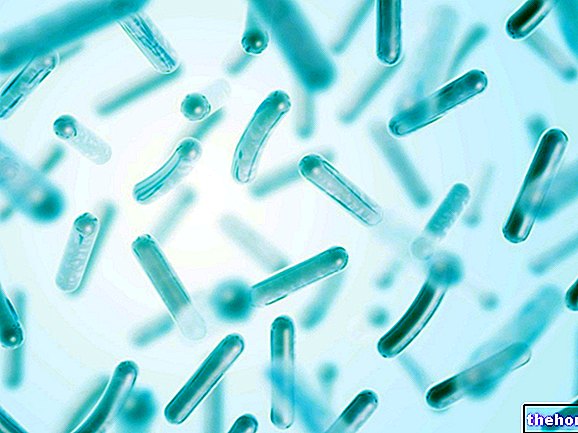
This is a rather vast topic, very important both on the socio-economic and health level - given that the population of the so-called "elderly" seems to be constantly increasing (with the exception of the covid-19 pandemic period).
We have therefore selected the information that, in our opinion, are most important in the diet of the subject in old age.
However, it is still advisable to keep in mind that geriatric nutritional complications are extremely "delicate" to treat, because they are sometimes potentially risky. It is therefore always a good idea to contact your doctor when in doubt.
malnutrition arises more easily than in other age groups.
This is also because, due to aging, the body reduces many of its physiological capacities causing a change in body composition such as:
- Lean mass (FFM) / fat mass (FM) ratio in favor of fat;
- Reduction of overall hydration;
- Reduction of bone mineralization.
This is then aggravated by a reduced perception of bodily stimuli (hunger and thirst) and a predisposition to psychiatric comorbidities (depressive and / or anxious disorders) or neuro-degenerative disorders (Alzheimer's, Parkinson's, etc.).









.jpg)


















